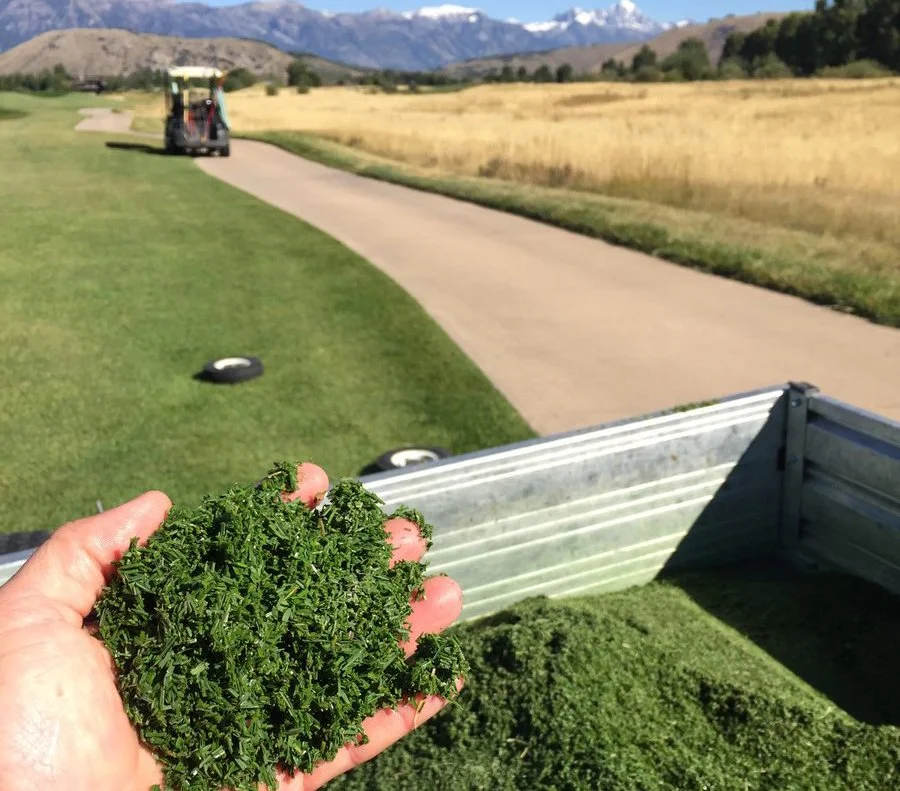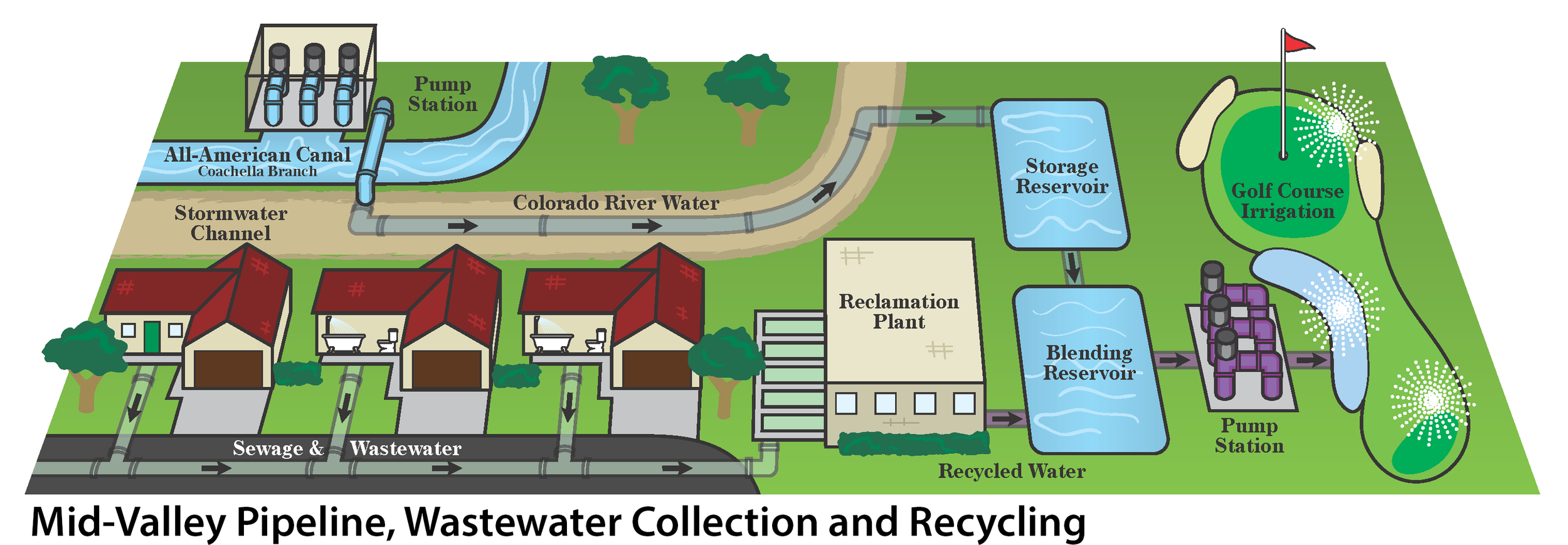Waste
A forward-thinking golf course can transform waste streams into valuable resources, adopting a sustainable and circular approach to operations. By implementing innovative waste management strategies, a golf course can derive benefits such as fuel production, compost, nutrients, and other valuable products.
-
Utilizing organic waste, including pruned branches and plant material, for biomass production offers a renewable source for biofuel. Biomass can be processed into biofuels, reducing dependence on traditional fossil fuels for maintenance equipment and contributing to a lower carbon footprint.
-
Efficient water management systems can capture and treat water runoff, recycling it for irrigation purposes. This reduces the demand on freshwater resources and minimizes the environmental impact associated with water use.
-
Tree removal or pruning activities generate wood waste that can be chipped and repurposed as mulch. Applying wood chip mulch conserves soil moisture, suppresses weeds, and promotes a healthier landscape.
-
Organic waste, such as kitchen scraps and landscaping residues, can be directed to anaerobic digestion facilities. This process produces biogas, a renewable energy source, which can be utilized for on-site energy needs or potentially fed back into the grid.
-
Integrating educational programs about waste reduction and resource utilization engages staff and the community. These initiatives foster a culture of environmental responsibility and encourage active participation in waste-to-resource strategies.
Source: Club Resort Business
Source: Coachella Valley Water District
Source: USGA
By creatively repurposing waste streams, a golf course not only minimizes its environmental footprint but also transforms potential liabilities into valuable resources. This circular economy approach aligns with sustainability goals, showcasing the golf course as a responsible steward of the environment and contributing to the broader movement towards a more eco-friendly future.
Read More.




















